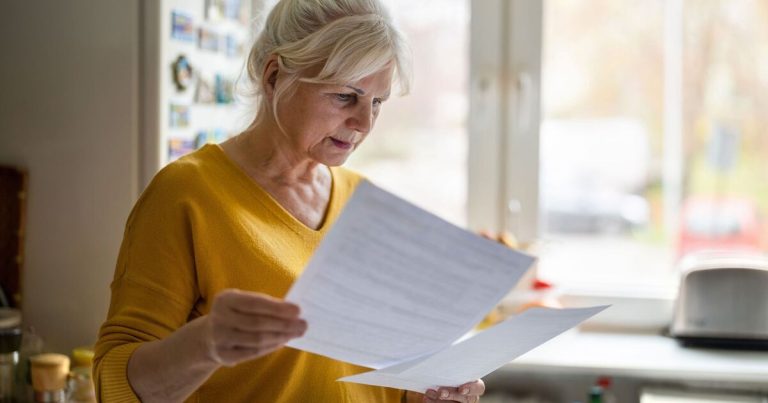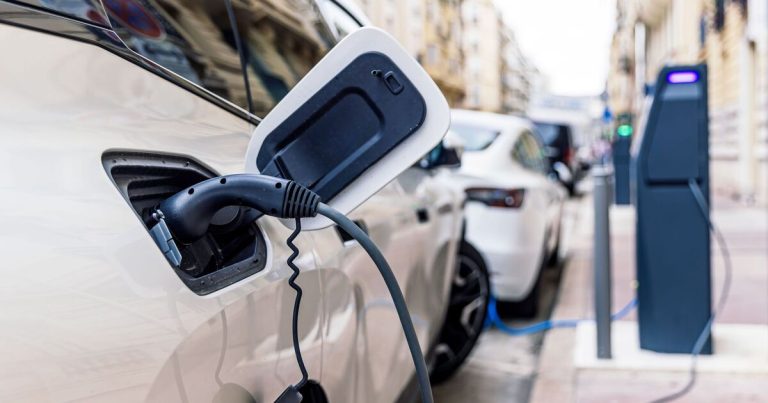
However, leaving the country or planning to go abroad for more than four weeks can affect one’s payment.
PIP is split into a daily living element and a mobility element with a lower and higher rate of each component depending on a person’s needs.
Britons who live with a long-term health condition may be able to apply for PIP and boost their income by almost £700 a month.
As the cost of living crisis continues, any extra cash could be vital for those on low incomes, so knowing what could affect these regular payments is important.
PIP claimants must report several changes in their circumstances to the DWP including if they are planning a trip abroad.
If a person is planning an extended holiday this year, they should contact the DWP to let them know as soon as possible.
A person can report a change in circumstances by calling the PIP enquiry line. If someone needs help with this, they can ask another person to be added to the call.
There is also the option to ask someone else to call on behalf of the claimant, but the claimant will need to be with them when they call.
On the Government website it states: “This change may affect the claimant’s entitlement to PIP.
“We will need to know the date the claimant is leaving the country, how long they are planning to be out of the country, which country they are going to and why they are going abroad.”
If someone is planning an extended holiday this summer, they need to contact the DWP with the details they have asked for as soon as possible.
The PIP enquiry line is 0800 121 4433, and if a person cannot hear or speak on the phone, they can dial 18001 and then the number.
There is also a British Sign Language (BSL) video relay service which a person can use if they have a computer.
The benefit supports people who live with a condition that affects their daily life and ability to get around.
Payments are tax-free and are not means tested, meaning they are not affected by a person’s income or savings.
For more information on going abroad, Britons can visit the Government website.







